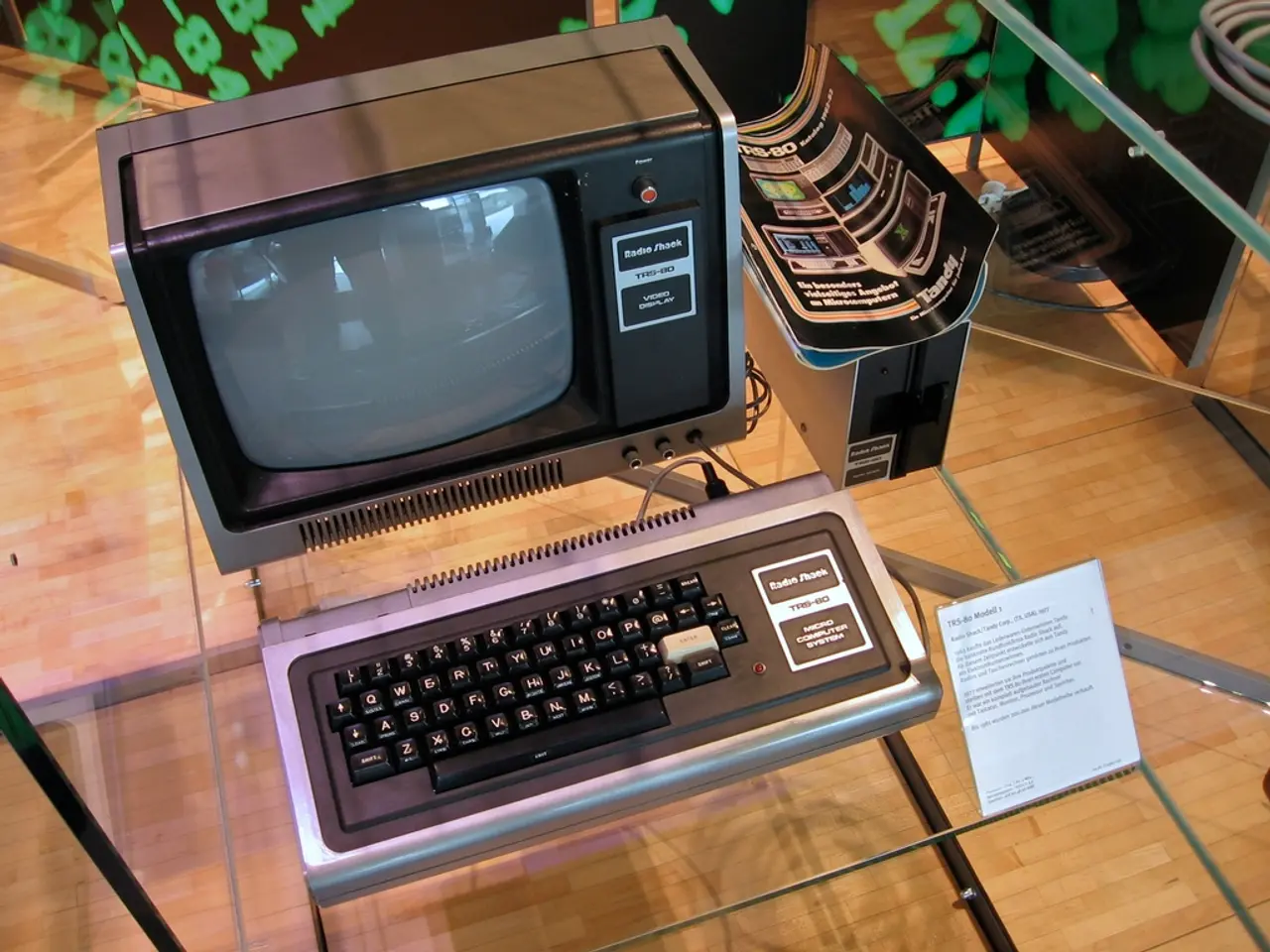Delay in Arrival of Nvidia's Upcoming AI Central Processing Unit (CPU)
The tech industry is abuzz with news about delays in the launch of NVIDIA's highly anticipated N1X SoC, the company's first Windows on Arm (WoA) chip. Originally slated for release this year, the N1X SoC is now expected to hit the market in Q1 2026.
This delay comes amidst a slowdown in consumer demand for WoA platforms, a factor that has contributed to the delay. The updated OS, featuring advanced AI capabilities and refinements to the WoA ecosystem, is still quarters away.
The N1X SoC, codenamed for NVIDIA's initial WoA offering, targets both the enterprise and consumer markets within the AI PC segment. It integrates a Grace CPU and a Blackwell GPU, known as GB10 in some platforms. The chip's clock speed has been reported to reach 3.9 GHz.
The N1X SoC will be part of a series, with the N1 series consisting of multiple chips: N1X for enterprise/commercial, N1C for the consumer segment, and a potential entry-level model. The N1X SoC, similar to the NVIDIA GB10 Superchip, boasts a 20-Arm core CPU, up to 1 PetaFlops of FP4 AI compute, support for 128 GB of LPDDR5X memory, and advanced I/O technologies.
In Geekbench 6, the NVIDIA GB10 Superchip scored 3096 in single-core and 18,837 in multi-thread. However, the specific AI TOPs for the N1 series chips may be altered due to design revisions, previous estimates suggesting 180-200 AI TOPs.
Meanwhile, AMD's Ryzen AI MAX+ 395 chip, with 16 cores and 32 threads, exceeds 5 GHz at 120W+, outperforming the NVIDIA GB10 Superchip in some aspects in Geekbench 6. X86 platforms from AMD and Intel maintain a dominant market share.
The launch of the AI PC platform by MediaTek and Nvidia, initially planned for 2025, has been postponed to the first quarter of 2026, according to supply chain sources. NVIDIA and partners, including ASUS, MSI, Gigabyte, Lenovo, and Dell, showcased devices at Computex 2025, but no specific companies exhibiting devices based on the NVIDIA and MediaTek N1X SoC have been reported before the announcement of the chipset's delayed release to Q1 2026.
The delay in the N1X SoC launch is partly due to Microsoft's next-generation Windows platform development experiencing slowdowns. Additionally, Qualcomm has reported strong laptop sales, but overall demand for these devices shows signs of slowing.
As we await the launch of the N1X SoC, the AI PC market continues to evolve, with competitors such as AMD and Intel pressing forward with their offerings. The delay in NVIDIA's entry into the WoA market could provide an opportunity for these competitors to gain ground.
Stay tuned for more updates as we continue to follow this developing story.








